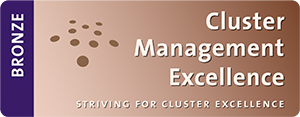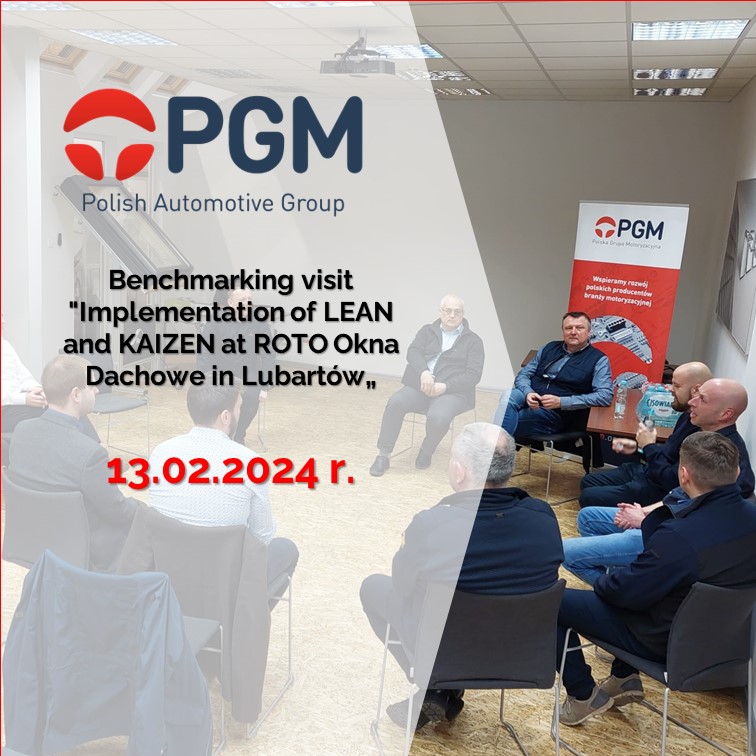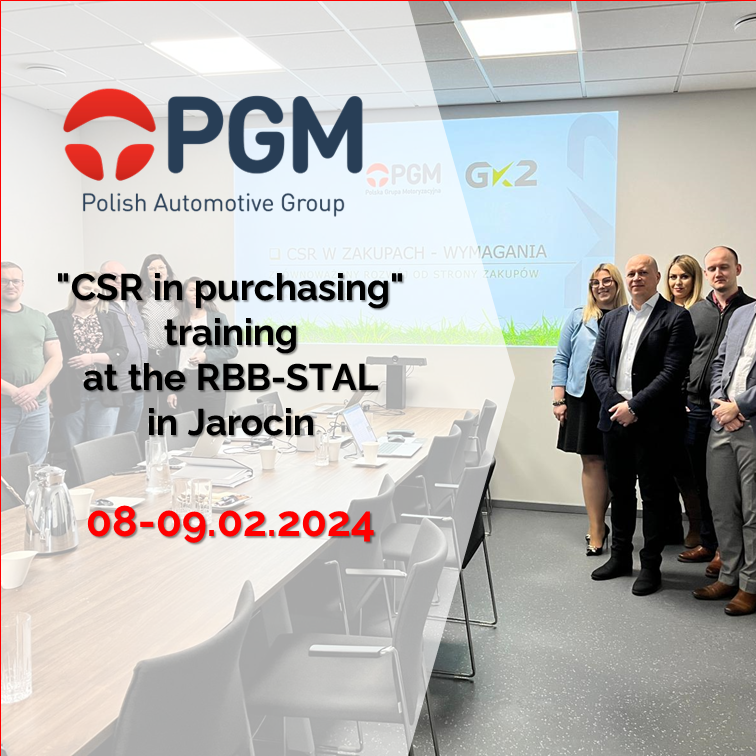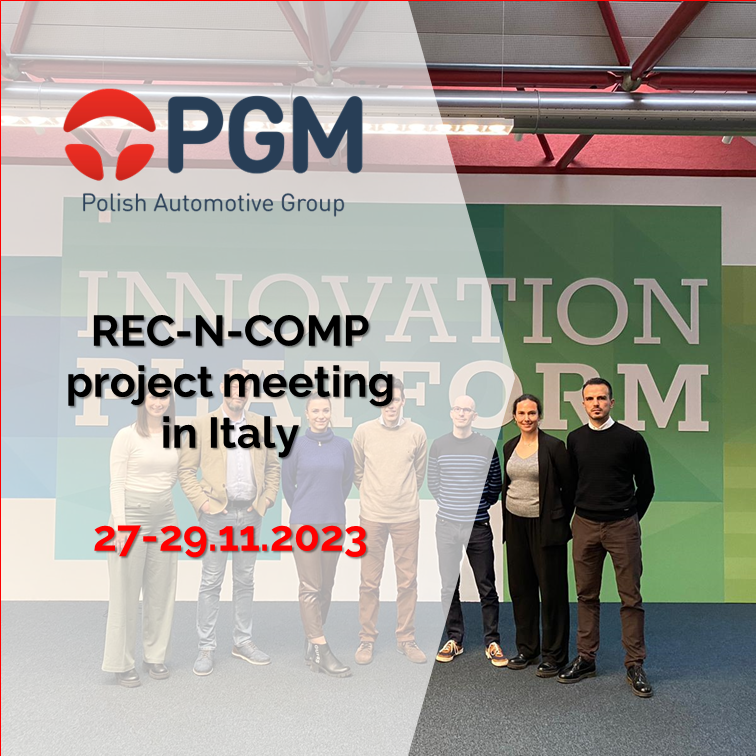We submitted our comments to the project evaluation system of Intelligent Development Operational Program.
The Ministry of Development, Labor and Technology is preparing for the launch of the new financial perspective 2021-2027. Therefore, on June 28, 2021, it organized a meeting of representatives of the KIS Working Groups and representatives of the Intelligent Development Operational Program Managing Authority, the National Center for Research and Development and the Polish Agency for Enterprise Development to discuss issues related to the project evaluation system in the Intelligent Development Operational Program
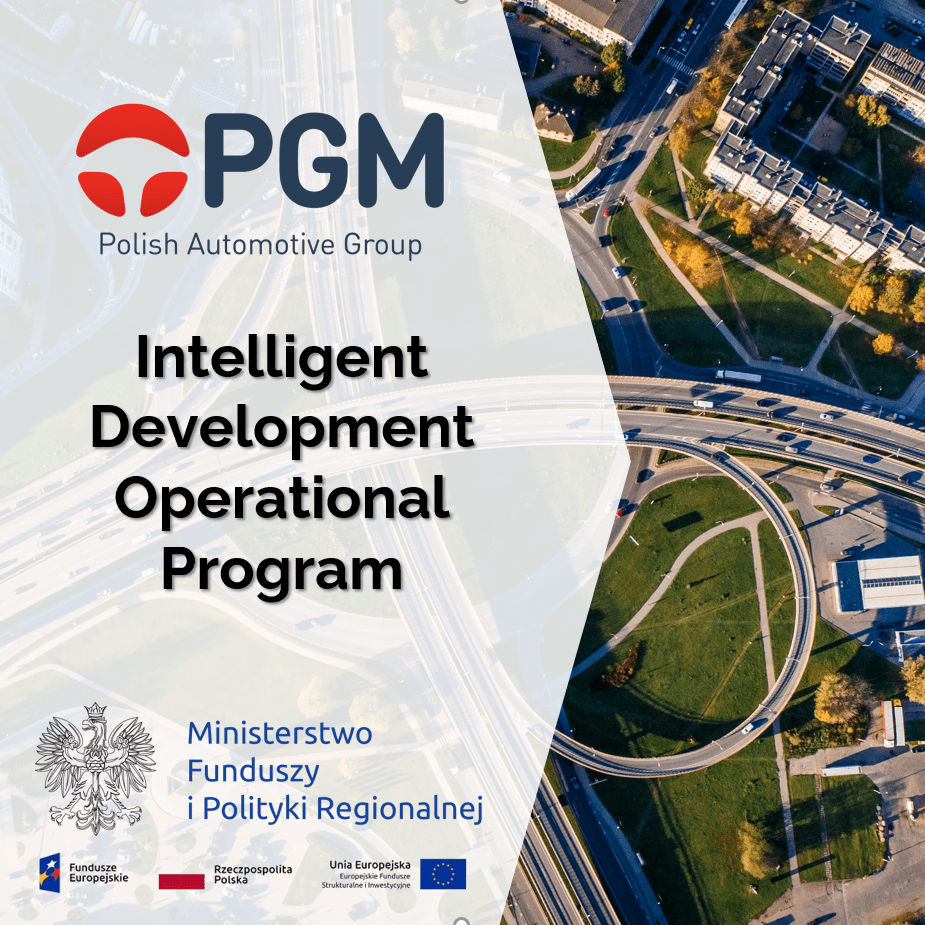 The invitation to participate in the meeting was also sent to the president of PGM, Adam Sikorski, who is a member of the working group KIS 6 (National Smart Specialisation #6: “Environmentally friendly transport solutions“).
The invitation to participate in the meeting was also sent to the president of PGM, Adam Sikorski, who is a member of the working group KIS 6 (National Smart Specialisation #6: “Environmentally friendly transport solutions“).
Therefore, responding to request to send detailed topics / questions regarding the Intelligent Development Operational Program project evaluation system, existing problems and suggestions in connection with your work on the new financial perspective 2021-2027, below I present those that we considered the most important. They are the result of consultations carried out among several dozen companies associated in the Polish Automotive Group – the National Key Cluster, gathering Polish manufacturers from the automotive industry.
- Extension of the selection criteria for experts evaluating projects
- Rejecting reviews that differ significantly from the ratings of other reviewers
- Revealing the names of all reviewers in a given thematic group to which the application relates
- Allowing the possibility of introducing minor changes to the design without the need to re-evaluate by the reviewer
- Allowing the possibility of determining the value of a milestone in a descriptive manner
- Lower requirement for detailed description of operating costs
- Providing applicants with the possibility to benefit from consultations at the stage of preparing the application
- Joint development by experts of assessments and justifications during videoconference, after the end of the assessment or in the near future
- Providing feedback to experts assessing the applications
- Increasing the percentage of indirect costs settled with a flat rate


